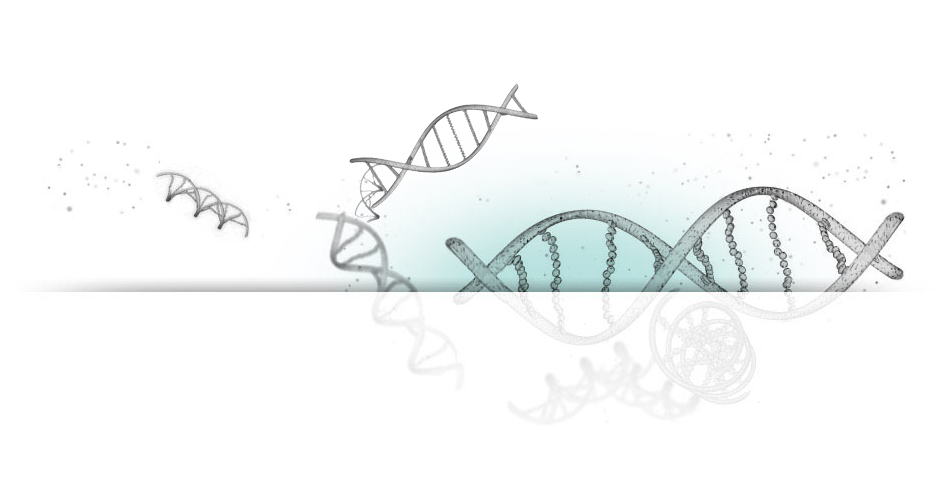The Otherness Institute
What is otherness?
The Otherness Project put forward a hypothesis to explain the value of otherness people to human and global advancement. We describe the characteristics of those who are other; how to recognize whether you belong to the otherness side of the human experience. Most importantly the Otherness Project educates how a life without a group instinct, can be shaped into a satisfying and productive life of individuality.
As a young psychiatrist in training I underwent two important transformations: At first, learning to diagnose, invariably led me to identify the group each of my patients belonged to. I was taught to place anyone I saw into specific categories; diagnosis, personality traits and particular social behaviors. Only later, as I mastered the diagnostic group definitions, I was able to transform into what psychiatry is all about; focusing on the individual. This “double metamorphosis” is common among most psychiatrists. Seeing the patient as an individual becomes sharpened with experience and is essential for the successful treatment.
One of my first patients was a young man struggling with severe social isolation. In the psychiatric literature, the reference to loners, outliers and introverts, is roughly grouped into four categories:
1.Those on the autistic spectrum
2. shy people who are socially anxious
3. people who suffer from psychotic conditions
4. People with cognitive impairment
Those categories could not explain my patient. Successful and social, he nevertheless could not connect to the collective consciousness underlying human communality. While unable to understand the collective, he was very sensitive and perceptive to individuals.
Working with my patient furthered my diagnostic confusion: He did not have a personality disorder, he was not afflicted by any obvious psychiatric disorder, he was not strange and was perfectly amiable and engaging behaviorally. Why did he feel so socially isolated? While being very intelligent he could not articulate what prevented him from engaging with others. For months, I could not grasp what was different about him other than that he was different: a maddening circular argument. But then I realized that he was different because unlike most, he was unable to belong. This unusual trait, seemingly in opposition to the social nature of people, had considerable implications for my patient’s life and wellbeing. But it had no satisfying reference in the psychiatric literature.
I set out to investigate this mysterious phenomenon which I term Otherness.
Simply viewed, we are communal beings. However, while other animal groups are joined by strong biological kinship, humans cohere around concepts. Those communal concepts are facilitated by our unconscious desire to be with each other and get along with the rest. We crave being together, whether physically or conceptually. Conversely, we fear being left behind and missing out on other people’s gatherings. Even today, as members of modern urban society are replacing their family and tribal closeness with virtual “communities”, we continue to crave shared physical conviviality. We look forward to social events, to meeting old friends and making new ones. We love to aggregate in large halls and stadiums to share the same sensory experience. Being alone on empty streets or staying in remote, isolated lodging make us uneasy if not frantic. No wonder that solitary confinement continues to be a highly intolerable torture. Loners, especially those preferring solitude, are inherently suspect and unwelcome.
Yet, a small segment of the population is not wired for group affinity.
Left unidentified, otherness’ nonbelonging can result in frustrating and futile lifetime effort of trying to “fit in”. The alienation and disappointment resulting from the attempt to belong, causes a constant and unnecessary inner struggle, self-loathing and despair. However, once identified and elucidated for the otherness individual, the emotional energy lost on frustration transforms into a sense of calmness and strength. Once the conflict of being otherness in a sameness world resolves, the search for attainable goals can start in earnest. Abandoning this unachievable yearning to belong, can literally transform one’s life trajectory into stronger, more effective and very satisfying course.
Why are there otherness people in a world of sameness? Non joiners in a world where joining groups is fundamental to feeling safe? Why would a trait that counters communal impulse, continue to exist in communities? Otherness as a phenomenon, or cognitive trait, persists in every society despite the communal and social disadvantage.
The Otherness Project put forward a hypothesis to explain the value of otherness people to human and global advancement. We describe the characteristics of those who are other; how to recognize whether you belong to the otherness side of the human experience. Most importantly the Otherness Project educates how a life without a group instinct, can be shaped into a satisfying and productive life of individuality.

